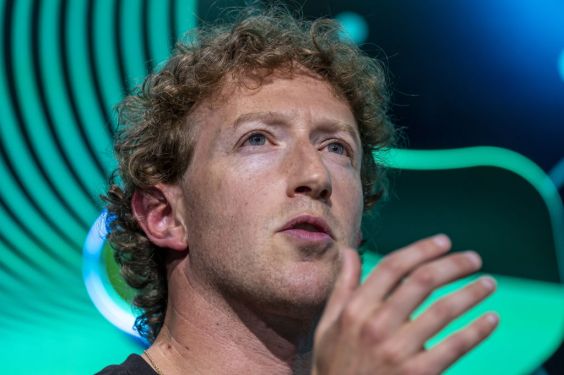Meta CEO Mark Zuckerberg shared his vision on Wednesday for “personal superintelligence,” the idea that people should be able to use AI to achieve their personal goals. The letter subtly signals a shift in how Meta plans to release AI models as it pursues this ambition.
Zuckerberg wrote, “We believe the benefits of superintelligence should be shared with the world as broadly as possible. That said, superintelligence will raise novel safety concerns. We’ll need to be rigorous about mitigating these risks and careful about what we choose to open source.”
This mention of open source is noteworthy. Historically, Meta has positioned its Llama family of open models as a key differentiator from competitors like OpenAI, xAI, and Google DeepMind. The company aimed to create open AI models that matched or surpassed closed alternatives. Earlier in 2024, Zuckerberg stated, “Starting next year, we expect future Llama models to become the most advanced in the industry.”
However, while Llama hasn’t fully met the strict definition of open source AI—partly because Meta hasn’t released its massive training datasets—Zuckerberg’s latest remarks suggest a potential shift in priorities. Open source may no longer be the default for Meta’s cutting-edge AI.
Meta’s competitors keep their models closed for a reason: closed models offer greater control over monetization. Zuckerberg previously noted that Meta’s business doesn’t rely on selling AI model access, so releasing Llama doesn’t hurt revenue. Instead, Meta primarily earns from internet advertising.
Yet, this stance on open models predates Meta’s growing concern about falling behind competitors. Executives became fixated on surpassing OpenAI’s GPT-4 while developing Llama 3.
By June 2025, Meta intensified its push toward artificial general intelligence (AGI) by investing $14.3 billion in Scale AI, acquiring its founder and CEO, and restructuring its AI efforts under a new division called Meta Superintelligence Labs. The company spent billions hiring researchers from top AI firms and expanding data centers. Recent reports suggest these investments have led Meta to pause testing on its latest Llama model, Behemoth, in favor of developing a closed model.
Zuckerberg’s vision of “personal superintelligence” marks a departure from rivals focused on “automating all valuable work.” His strategy appears to center on delivering AI through Meta’s own products, such as augmented reality glasses and virtual reality headsets.
“Personal devices like glasses that understand our context because they can see what we see, hear what we hear, and interact with us throughout the day will become our primary computing devices,” Zuckerberg wrote.
When questioned about Meta potentially keeping advanced models closed, a company spokesperson reaffirmed its commitment to open source AI while acknowledging future closed-source developments.
“Our position on open source AI is unchanged,” the spokesperson said. “We plan to continue releasing leading open source models. We haven’t released everything we’ve developed historically, and we expect to continue training a mix of open and closed models going forward.”

